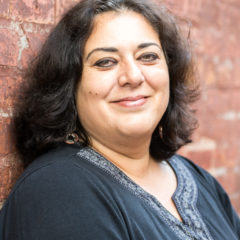Now Reading:
‘Walking the journey together’ in Nairobi, to end violence against girls with disabilities
“There is no special world for children who have a disability and children who don’t. Children should be together.”
That inclusive vision drives Maria Omare and her work as founder and executive director of The Action Foundation, a WomenStrong partner in Nairobi, Kenya, supporting children with disabilities to grow up in welcoming communities where they can thrive.
The Action Foundation works in Kibera, a collection of informal settlements in southwestern Nairobi that is home to an estimated 500,000 – 1,000,000 people. Families earn, on average, less than $1.00 per day and lack access to clean water and indoor plumbing.
The extreme poverty, coupled with limited education and health facilities, means that families in Kibera struggle to meet their most basic needs. In addition, many Kenyans grow up with age-old superstitions about disabilities, such as the belief that a child born with an impairment is God’s punishment for the mother’s sins.
The result? A dangerous mix of social, cultural, and economic pressures that means Kenyan children with disabilities have a greater risk of discrimination, abuse, and violence than their peers. Disability Rights International found that 37 percent of mothers the organization surveyed in Nairobi were pressured to kill their disabled child.
This was the world Maria first encountered about 12 years ago, as a university student from a middle-class family in Nairobi, when she began volunteering with the Special Olympics Kenya.
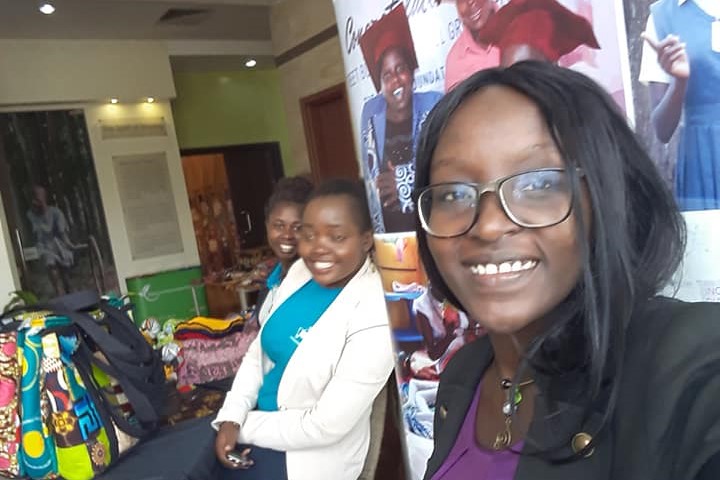
She was studying nutrition at Kenyatta University and wanted to gain practical experience for her future career. As a Special Olympics volunteer, Maria provided nutrition counseling, caregiving advice, and other support to families of children with special needs.
It was eye-opening.
“Families opened up and told me so much about their lives,” she said. “I came to understand the challenges that the caregivers had, mostly mothers.”
Some told her they had been abandoned by their husbands once it became apparent that their children had additional needs. These mothers loved their children. And they wanted to see them grow up healthy and accepted, and to have the same opportunities as their neighbors.
Maria first started a student-led volunteer group to reach more families with health and nutritional talks, play-based activities, and other support for children with disabilities. When she went into schools, she discovered a prevailing “apathy” toward children with disabilities.
“It made me realize there was a deeper-rooted problem: social stigma,” Maria said.
That’s when The Action Foundation was officially born. Maria raised funds among her family and friends to open a rehabilitation center in Mashimoni Village in the heart of Kibera, offering services including occupational therapy for very young children.
The organization’s programs evolved over time, in response to what the families of children with disabilities said they needed.
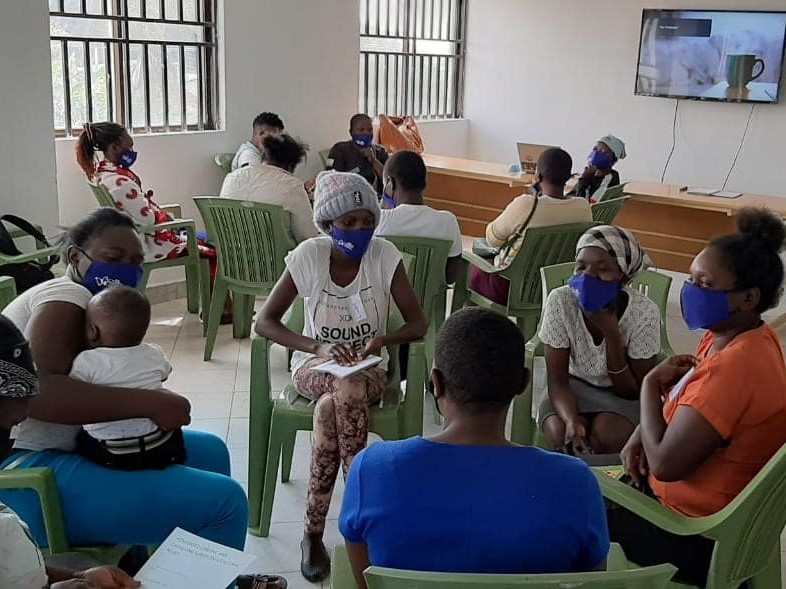
Education was a big gap. Even though every child in Kenya has the right to a free education, families with children who require special education are often required to pay for extra services. Those who can afford it send their children to special boarding schools away from home. It is very costly, Maria said, upwards of $3,000 per year, an amount out-of-reach for most families in Kibera.
That’s why Maria and her team began to work directly with teachers, launching the Somesha program – which means “to educate” in Swahili – providing training and coaching to teachers in local neighborhood schools to include children with disabilities in their classrooms.
This year, the Action Foundation celebrates its 10-year anniversary. It has a small but expert team of 12 staff members, whose work is multiplied by the hundreds of teachers, parents, community leaders, and champions they have trained to support children with special needs.
One growing area of focus: tackling the high levels of violence girls face, especially when they reach puberty.
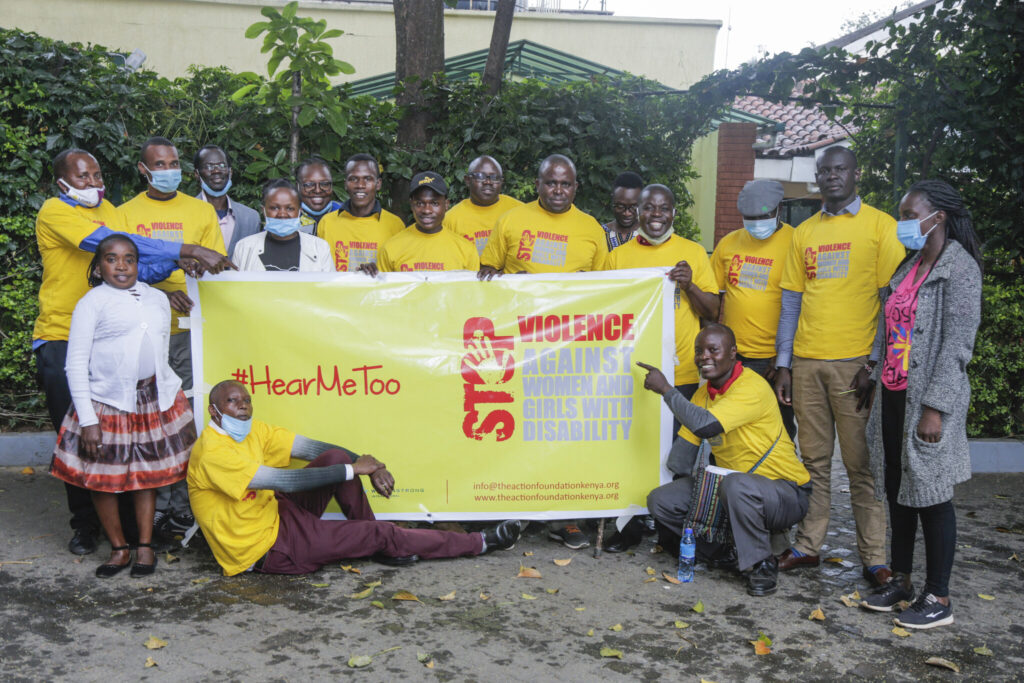
According to Wanjiru Mbuga, Action Foundation’s program coordinator, “Our girls grew up. And when they started menstruation, we began hearing from parents about incidents of violence, rape, and sexual assault.”
Violence is a problem of epidemic proportions for many women and girls around the world – one out of every three women will experience abuse or assault in their lifetimes, according to the World Health Organization – but it is a particular vulnerability for girls with disabilities in Kenya.
One reason is those pervasive superstitions, says Wanjiru.
“For women and girls with disabilities, for a long time in Kenya, they were viewed as having a kind of cleansing power for people who have HIV or another STD [sexually transmitted disease]. There was an attitude that if you have sex with a woman with a disability, you are cleansing yourself of the virus,” she explained.
The Action Foundation launched the Ibuka program, a word that means “emerge” or “rise” in the Swahili language, to address violence. The program includes education to ensure that girls and young women understand sexual and reproductive health and their bodily rights. It also trains a network of mentors who connect with and coach girls to help them navigate through life, and recruits Community Change Agents across the 13 neighborhoods that make up Kibera’s settlements.
These Community Change Agents advocate on behalf of vulnerable girls and help break down social stigma. They include village elders, male champions and even police officers, including one local chief of police.
“Sometime last week, we visited Chief’s office,” Wanjiru said. “He said he is tired of seeing all the cases they deal with of violence against women and girls with disabilities. He wanted that violence to come to a stop.”
“He told us we need to walk this journey together [to end violence]. He committed to having his office actively engaged in our program, to attend training, and to working with us,” she said.
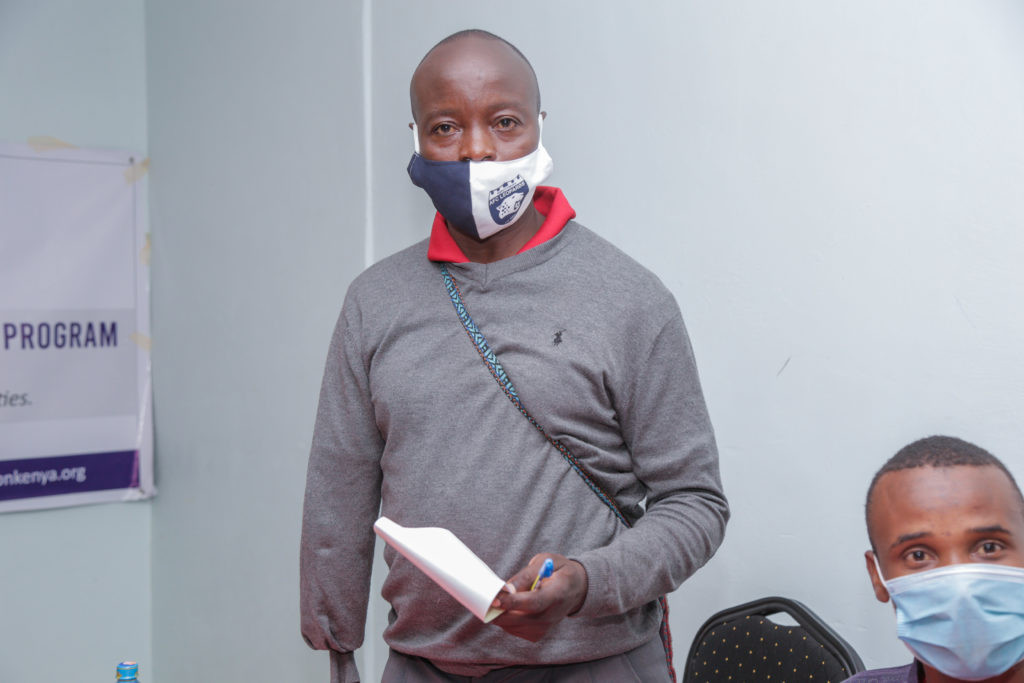
The Action Foundation is one of 19 organizations across 16 countries in WomenStrong’s Learning Lab, all dedicated to a world where women and girls can live without violence and with the education and good health they need to thrive. Partners receive grants to implement local projects and come together for a peer-driven exchange of ideas and solutions to the challenges faced by women and girls across the globe.
Maria said that, as a learning organization, she thought the Learning Lab would provide a good opportunity for The Action Foundation to gain knowledge alongside others who are also advancing gender quality.
“It also gives us an opportunity to benchmark ourselves against other organizations and see what has worked in other places. And we can share our expertise in working with those with disabilities,” Maria said.
Through their work with champions, mentors, and teachers, The Action Foundation is getting closer to helping those mothers Maria Omare met with so long ago achieve their dream: a community that understands, values, and supports their children.
“Breaking those socially constructed norms, changing attitudes and perceptions, does not happen overnight,” Maria said.
“But we continue to learn as we go. And we continue to educate champions, who will stand up for women and girls with disabilities…. Our goal is to ensure all children can grow up and go to school in their neighborhood, playing with their friends and families.”
It’s an inclusive vision. And one that The Action Foundation is on its way to achieving, “walking the journey together” with the families of Kibera.
